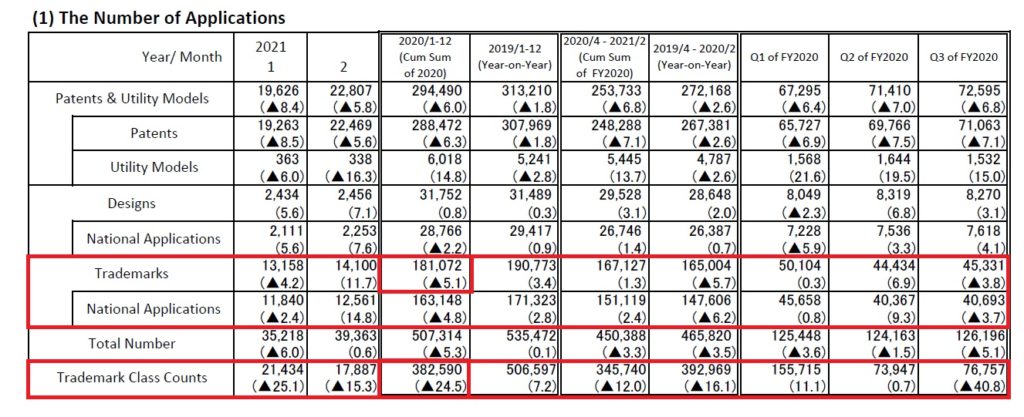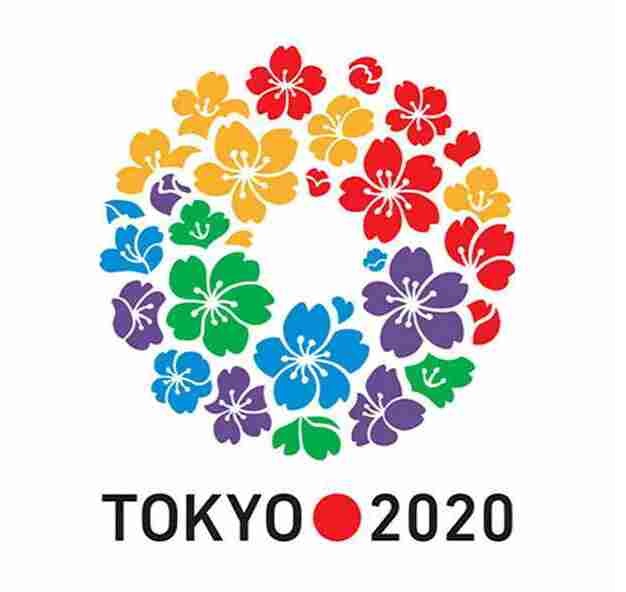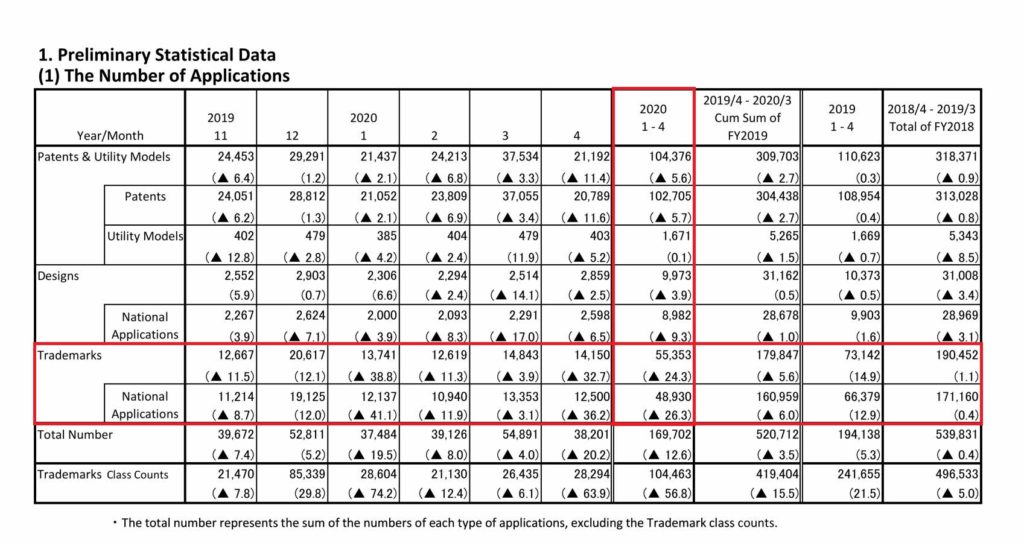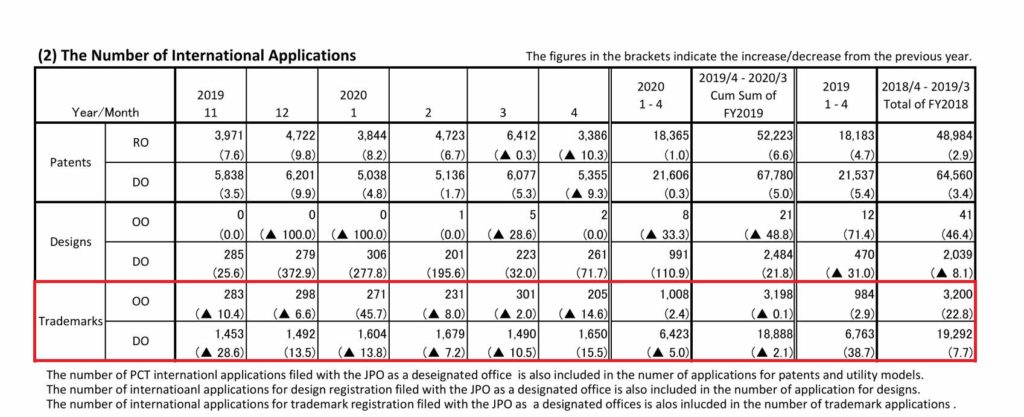
Both Hanko seals and paper documents have long been regarded as important parts of Japan’s working or administrative culture. Along with this, it has been an established practice that the country’s authority requires the original document signed by a foreigner to be submitted. By virtue of the COVID-19 pandemic, Japan has taken its latest step to bring government at all levels further into the digital age.
Recently, the Japanese parliament enacted six laws to promote electronic government, with steps such as ending Hanko seals on official documents and allow digital data to be used instead of paper documents.
On June 11, 2021, the new governmental and ministerial ordinances concerning registration procedures of intellectual property were promulgated.
Based on the new ordinances, from June 12, 2021, the Japan Patent Office (JPO) would not require an original Power of Attorney (POA) with the signature of a foreign company or individual who entrusts the case to an IP attorney in Japan anymore. As long as the POA clearly specifies the name and address of the foreign company and its representative, the JPO would accept it genuine and consider the entrusted attorney as an agent of subsequent action with the JPO even if the POA does not have a signature on it.

It should be noted that, as a result of the new ordinances, the JPO decided to eliminate Hanko seals or signatures on 764 paper documents among 797 in total. The remaining 33 documents pertaining to the ownership or license of IP right still require an original with inked-signature or Hanko seals to prevent harm by document falsification.






